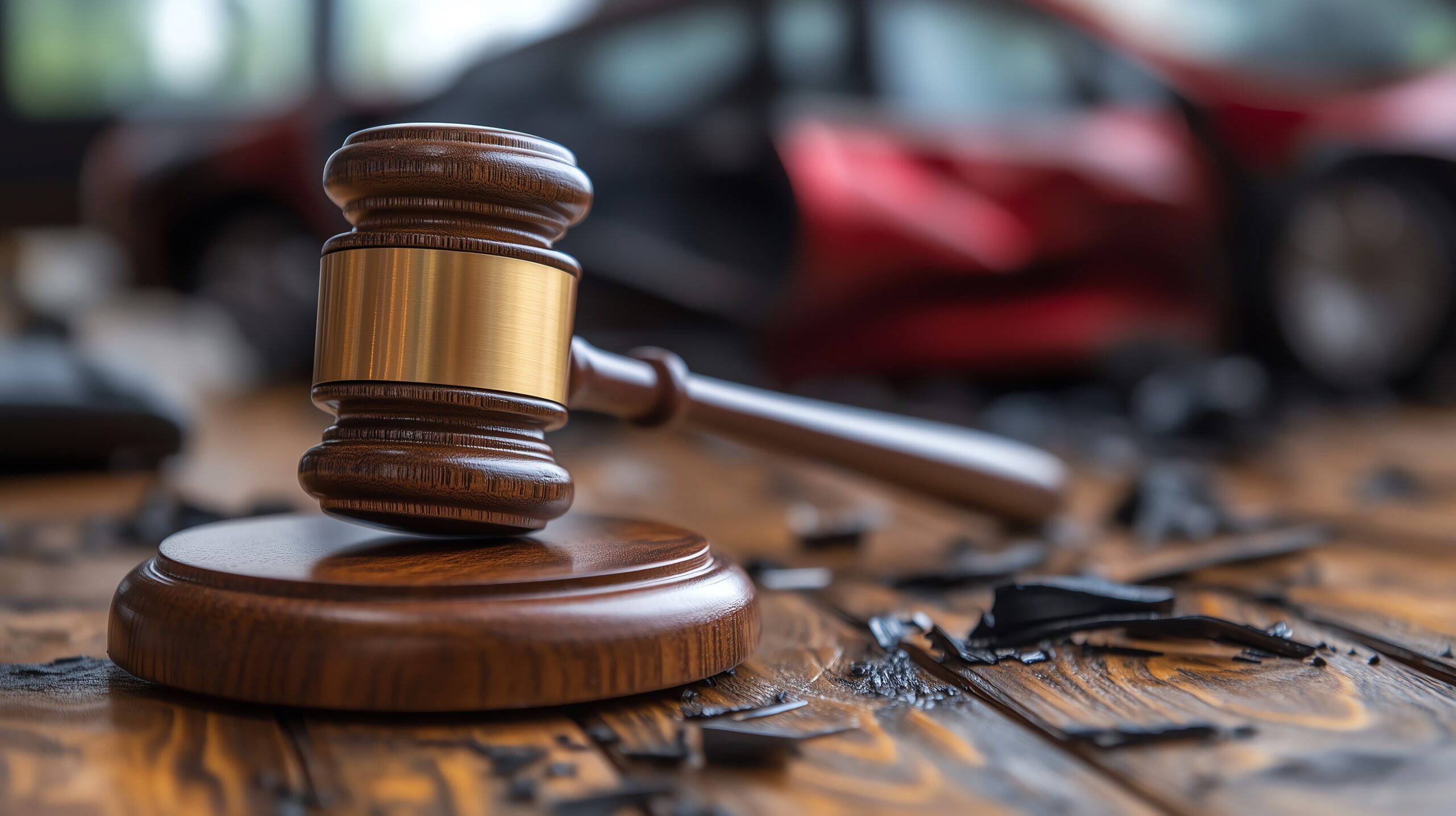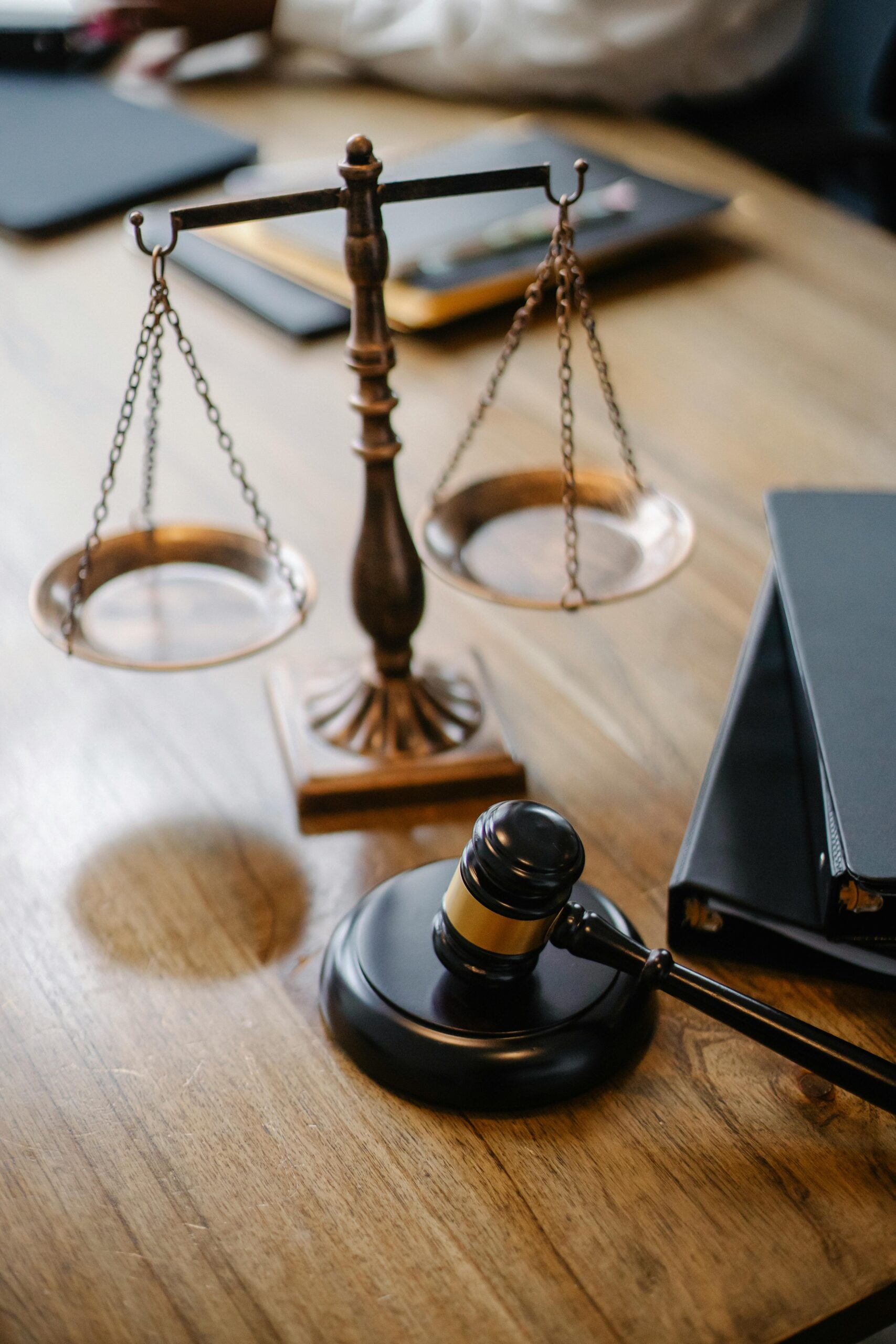Patients may experience severe complications when a medical professional fails to provide proper health care treatment. Unfortunately, medical errors are more common than most people think. Cases of medical malpractice vary in severity, with some of the most dangerous being errors associated with anesthesia.
What is Anesthesia?
Administration of anesthesia is common place when any type of surgery is being performed. The three main types of anesthesia are general, regional, and local – all of which have different effects on the body. Serious complications associated with the use of anesthesia are rare and can be life-threatening. When patients are harmed due to mistakes made in the administration of anesthesia, medical staff may be held liable for medical malpractice.
Administration Errors
Among the most dangerous errors associated with the administration of anesthesia include failure to monitor the patient extensively. General anesthesia is the most dangerous form of anesthesia, as patients are completely unconscious, therefore they cannot communicate in the event of pain, trauma, or difficulty breathing. As such, it is important for the anesthesiologist to monitor the patient at all times, making sure that oxygen levels and heart rate remain stable.
In some cases, patients may be given the wrong dosage of anesthesia. While too much can cause severe complications, too little may result in the patient waking up during surgery. Anesthetic awareness, or intraoperative recall, is a horrific experience in which patients become conscious of what is happening during their surgery, but remain paralyzed and unable to communicate their distress to medical staff.
Some people have life-threatening allergies to certain types of anesthesia medications. Medical staff should review a patient’s medical chart carefully and counsel patients prior to surgery to see if they have had any history of adverse reactions to anesthesia. After the start of administration of anesthesia, and throughout the entire surgical and post-surgical process, patients should continue to be carefully monitored for signs of allergic reaction.
Anesthesiologists may be liable if they fail to provide the patient with proper instructions before and after surgery. In some cases, patients may not be able to eat, drink, or take medications before or after surgery, as they may have adverse side effects when mixed with anesthesia.
Proving Liability and Negligence
A number of factors must be taken into consideration in order to prove medical negligence. Extensive research must be done to determine whether the anesthesiologist was negligent. Personal pre-surgical risk factors and operation notes will be taken into consideration to determine when and if something went wrong during the surgery. Most importantly, the complication rate of the type of anesthesia used will be considered in determining negligence.
If medical malpractice associated with anesthesia is confirmed, a lawyer will need to determine whether the hospital or anesthesiologist was liable for the error.
- If the anesthesiologist is an independent contractor, he or she is most likely liable; but if the anesthesiologist is employed by the hospital that conducted the surgery, the hospital is responsible for negligence committed by its employee.
- While an independent anesthesiologist may be liable on their own, the hospital that performed the surgery may also be liable for negligent hiring and supervision of the contracted employee.
- If injury occurred due to equipment failure, the hospital may be liable for failure to maintain and repair essential equipment. Injured individuals may also consider filing a product liability lawsuit against the manufacturer of the defective medical device.
Cherry Hill Medical Malpractice Lawyers at Folkman Law Offices, P.C. Investigate Claims of Anesthesia Errors
If you or someone you love has experienced complications resulting from anesthesia, you may be entitled to compensation. Our experienced team of medical malpractice lawyers at Folkman Law Offices, P.C. are here to help you secure the justice you deserve. Contact us online schedule a free consultation today.




